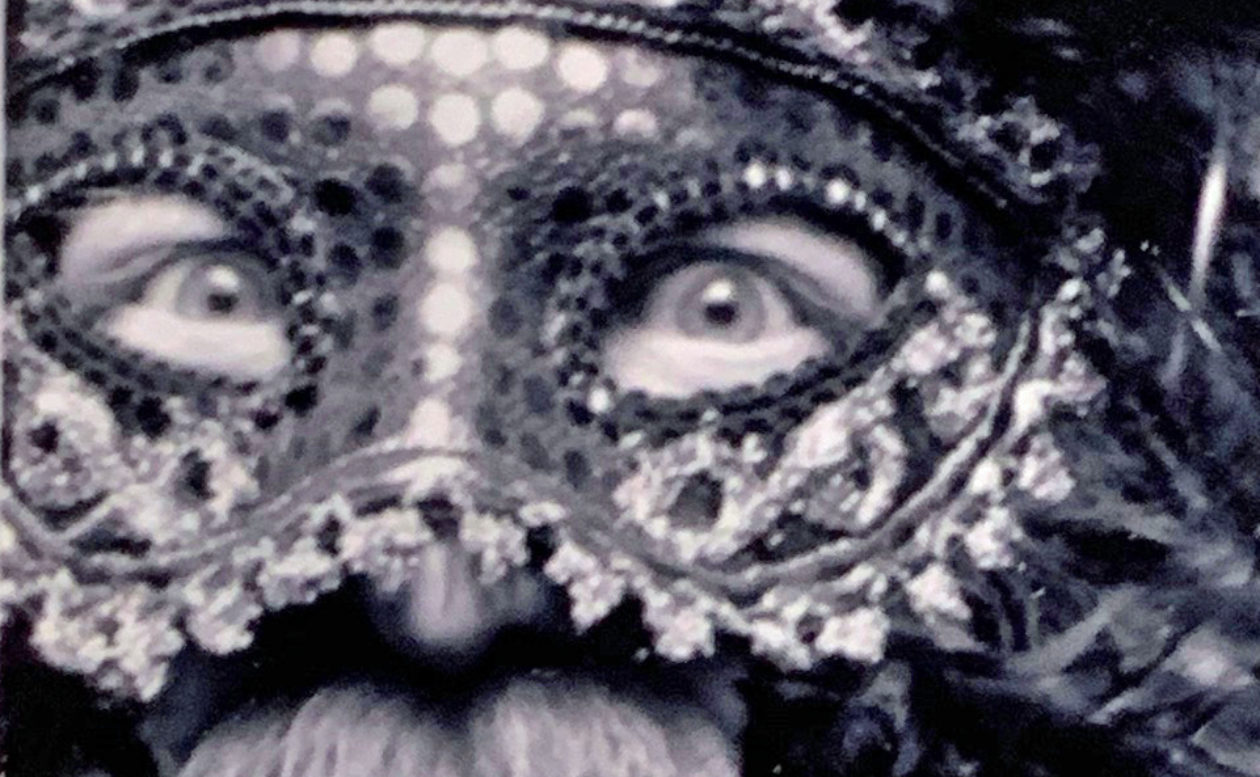I hold James Lee Burke’s abilities to weave a story with style in the highest of esteem. I’ll give this novel 4.5/5 based on the Burke Scale. If it is on the scale of all of what I read, it’s a solid 5. And that silly half-point deduction is probably because it is a new character.
I like this new guy, Weldon Holland. He’s a man’s man. If you are a fan of Burke’s you might recognize the surname as related to Hackberry Holland and Billy Bob Holland. Those characters are cousins of this Holland and strength of character seems to be a family trait. In the real world, the dedication is to Burke’s cousin, Weldon Benbow “Buddy” Mallette. It’s not hard to see what Burke has been doing with his family history these past decades.
This novel gets its juice from a long remembered experience of the main character as a child when he encounters Bonnie and Clyde in a rural woods. That experience floats in and out of the entirety of this 444 page novel which starts in a dust bowl era pecan grove and winds its way through WWII in Europe and finishes out in the oil fields of Texas and gossip pages of Hollywood in the 50s. As is always the case with Burke, the pure descriptive strength of his prose is powerful in this broad sweep of landscape and history.
And that prose…oh, my, God…I would give treasured, even intimate parts of my body to be able to write prose like his. A chapter (6) in a TB Sanitarium is among the best writing I’ve seen. If you want to argue this in the comments, I have about a dozen examples that will melt your resistance to the prospect. But in this novel, he does the absolute best work with what I consider to be the hardest part of writing from the senses: the use of the sense of smell. Let me give you just two short examples. 1) At the sanitarium, “I was inside a chemical environment that was warm and cool at the same time; the air smelled of flowers and rain spotting on warm stone.” I hear you that “rain spotting on warm stone” says nothing of scent, but you are so, so wrong. You know in your soul that those flowers smell one way by themselves and a different way in the presence of “rain spotting on warm stone.” 2) On a stop at a Texas gas station in the ’50s: “The evening sun was red inside the dust from the fields, the cotton leaves wilted in the heat, the air close with the odor of herbicide and hot tar.” As a wayfaring stranger myself, I spent a good portion of my youth hitchhiking all over this country. I KNOW that smell by the side of a Texas road.
Characters, let Burke draw you a picture: At an outdoor cocktail party– “I saw a man in a checkered sport coat and a loud tie pick up a drink from a tray and hand it to a woman in a strapless silver evening dress that exposed the tops of her breasts and was as tight as tin on the rest of her.” Or, describing a character named McQueen. “He was a large man, with craggy good looks and no fat on his body and a voice that was like a dull saw cutting through a dry board.”
What of the political context of Burke’s novels? I love this easily understood expression of how Fascism started to come to America. Remember, this was in description of a time before Ike warned us all about the “Industrial-Military complex.” It speaks to the perception of the American Dream and the lure of acquiring more. Weldon, who is becoming a successful business man as a pipeline provider during the oil rushes, is in conversation about a man much more wealthy, connected and dangerous than himself. Weldon wants him in jail.
The dangerous man’s son, Roy says, “…you have it all, Weldon, but you don’t realize it. Others covet what you take for granted. You’re an honorable man. Your wife loves you. You’re the captain of your soul. With time, others will take all that away from you. That’s what you fail to understand. They want your soul.”
“And how will they take that from me?”
“They’ll turn you into one of them. You’ll wake up one morning and look at your reflection in the mirror and wonder what happened to the little boy in his white First Communion suit. See you around, Buster Brown!”
If that is not a clarion call for our times, I don’t know what is. There are other, maybe greater ramifications of this particular conversation, but ultimately this entire section of the novel is designed to reveal that “ambition,” while lauded in our bootstraps mythology, is too easily perverted into “greed.” In Burke’s mind, it takes a man of honor to maintain the balance to walk that line. He shows us several more times in ensuing plot elements.
The struggle between the civilized, ambitious man and the greedy animal within becomes terribly obvious when Weldon is forced to defend himself from a very bad cop. If we are honest, Weldon went to the cop’s house armed in anticipation, but at some point he “chooses” to act. After it is over: “Let no man tell you our simian ancestor is not alive and well waiting for his moment to come aborning again.” Well, ain’t that some truth?
I’m not going to tell you if the good guy gets the girl and rides off into the sunset at the end. I will tell you that, as I approach my 67th year, I hope one of the things people will be able to say at the end of my road trip is, “He was honorable.” Oh, yeah, and “not a fascist.”

